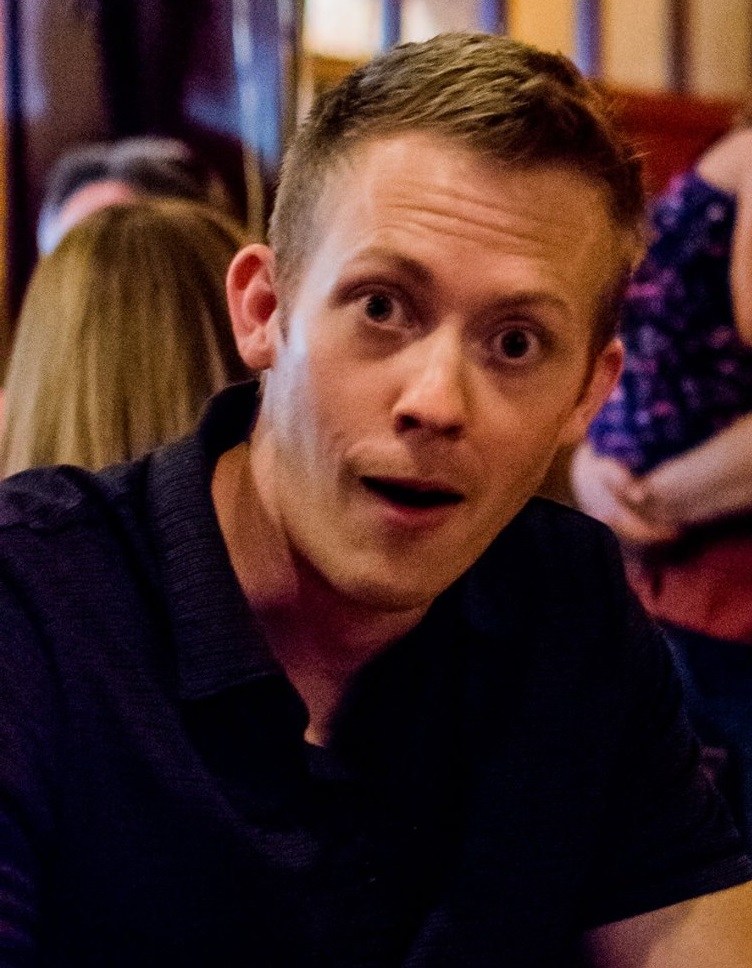A guest post by Colton Hehr.
“Don’t quit” is one of the most common adages passed around the writing community. Don’t quit writing, don’t quit submitting, don’t quit your day job. We’ve all heard some variation or another and it’s not bad advice. Writing as a career requires playing the long game, so consistent effort is a prerequisite. Yet, at the end of each year, most of us can look at a check list of projects and find that we stopped working on one or set aside another. At some point in our efforts, we quit.
If you asked most of us, we’d probably admit to quitting more readily than to failing, not only in writing but in other areas of our life: you rarely hear someone say “I failed my diet.” They say “I quit my diet.” Or “I quit going to the gym.” Or “I quit playing guitar.” We almost always couch these situations as quitting rather than failure. Failure has negative connotations and if we quit before we fail, then the failure never really occurs, does it?
I want to argue in favor of failure. I think it’s more useful to us as writers than quitting is. The terms might be synonymous to some people, but let me split hairs for a moment. Quitting and failure are only similar because they happen at the same time. To use a sports analogy, quitting is when you stop playing the game because you’re losing, and failing is when you play to the end and accept your loss.
The first reason I prefer failing to quitting is an unfortunate reality of commercial writing: I know that I’m probably going to suffer some failures or setbacks in my career, at some point, purely from circumstances outside my control. Maybe my manuscript gets passed in the slush pile because an agent has too many books from that genre. Maybe I send in a short story to an online market that goes under. Any number of things could affect my career negatively, all completely outside of my control.
By holding myself accountable and acknowledging my own personal failures, I’m more prepared to deal with those uncontrollable failures. It might be disappointing, but it won’t be debilitating. Our personal failures are sort of like callouses, they help us come to grips with whatever the world might throw at us.
The second benefit to failing is that I think we learn more from it than from quitting. When something ends, whether in failure or in success, there’s a sense of closure that quitting doesn’t provide (or, at least, that I’ve never felt from quitting). Failure is an important teaching tool in several endeavors, from music to athletic, and it can serve the same purpose for writers.
Think of failure as a diagnostic tool. When we acknowledge that we’ve failed, we can step back from the situation and examine it to find out what went wrong. When we’re at the point of failing, there’s three questions that we ought to ask:
1. What caused the failure?
2. Is it something that can be fixed?
3. If so, is it more beneficial to accept the failure and move on or to try and fix it?
As an example, I recently stepped away from a project in its outlining stage. I had been worldbuilding and outlining for what was supposed to be a horror novel. At some point, it evolved into a train heist story and I found myself stuck in a rut. Before I made the choice to set the project aside, I asked myself:
1. What caused the failure? The setting gave me the opportunity to write a horror story, but my focus in the outline had drifted away from that and towards an adventure story. I’m not against organic story development, but the project had shifted completely from my original intent and it stopped me dead in my tracks.
2. Is this something that can be fixed? Yes. I could walk my way back through the outline and rework it from the beginning. I could set aside the first outline and start fresh with a new story, new characters, and a more conscious effort to focus on what I had originally wanted to write.
3. If so, is it more beneficial to accept failure or to fix the problem? In this case, I had another idea that I wanted to write, one that I felt was much more tightly focused. I also realized that, while the train heist wasn’t what I wanted to do in the first place, it still had the germ of a good story. In the end, I accepted my failure, set the project aside, and moved on to something else. I still have all the material, so I can come back to it another time, free from any of the frustrations that came from my initial failure.
Of course, a lot of the answers to the first question are outside of our control. Sometimes the “failure” is that we’re depressed, or that our day job has grown more demanding, or that unexpected opportunities have brushed aside other obligations. That’s okay; because failure isn’t negative, we don’t have to beat ourselves up over it. We can accept it for what it is and move on. When I looked over my list of 2017 projects, quite a few boxes were left unchecked. Each one of those was a failure and I did my best to learn from all of them. I don’t feel bad about a single one.
Neither should you. Next time you feel like you need to quit a project, give yourself permission to fail and then learn from it.
About Colton Hehr:
Colton Hehr currently works as a direct care counselor in a residential treatment center for teenagers and adolescents. When he isn’t writing, reading, or lifting, he tries to pet as many dogs as possible. He lives in Norman, Oklahoma with his girlfriend Ariana. Colton’s first professional sale will be in the upcoming Writers of the Future 34.


